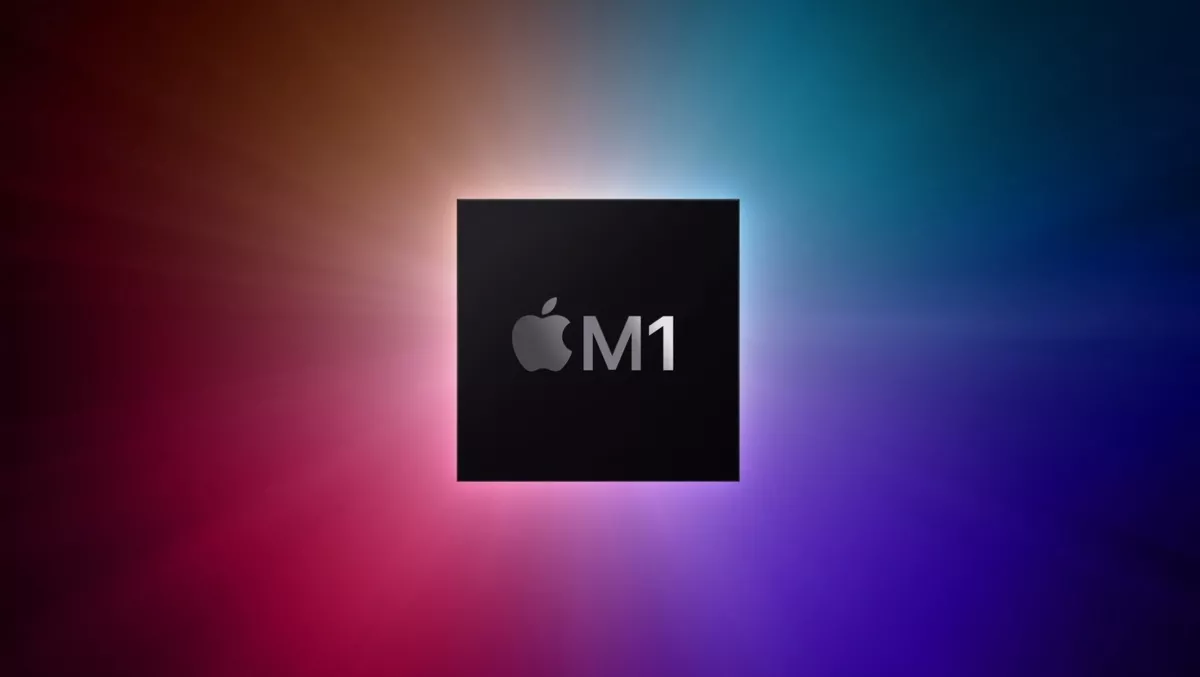
Apple has unveiled the M1 Pro and M1 Max, the next breakthrough chips for the Mac.
Scaling up M1's architecture, M1 Pro offers a performance with industry-leading power efficiency, while M1 Max takes these capabilities to new heights.
The CPU in M1 Pro and M1 Max delivers up to 70% faster CPU performance than M1. The GPU in M1 Pro is up to 2x faster than M1, while M1 Max is up to 4x faster than M1, allowing pro users to fly through the most demanding graphics workflows.
M1 Pro and M1 Max introduce a system-on-a-chip architecture to pro systems for the first time. The chips feature fast unified memory, industry-leading performance per watt and power efficiency, along with increased memory bandwidth and capacity.
M1 Pro offers up to 200GB/s of memory bandwidth with support for up to 32GB of unified memory. M1 Max delivers up to 400GB/s of memory bandwidth 2x that of M1 Pro and nearly 6x that of M1 and support for up to 64GB of unified memory.
The architecture of M1 Pro and M1 Max means they deliver the same level of performance whether MacBook Pro is plugged in or using the battery. M1 Pro and M1 Max also feature enhanced media engines with dedicated ProRes accelerators specifically for pro video processing. M1 Pro and M1 Max are the most powerful chips Apple has ever built.
"M1 has transformed our most popular systems with incredible performance, custom technologies and industry-leading power efficiency. No-one has ever applied a system-on-a-chip design to a pro system until today with M1 Pro and M1 Max," says Johny Srouji, Apple senior vice president of Hardware Technologies.
"With massive gains in CPU and GPU performance, up to six times the memory bandwidth, a new media engine with ProRes accelerators and other advanced technologies, M1 Pro and M1 Max take Apple silicon even further, and are unlike anything else in a pro notebook," he says.
M1 Pro
Utilising 5-nanometre-process technology, M1 Pro packs in 33.7 billion transistors, more than 2x the amount in M1. A new 10-core CPU, including eight high-performance cores and two high-efficiency cores, is up to 70% faster than M1. Compared with the latest 8-core PC laptop chip, M1 Pro delivers up to 1.7x more CPU performance at the same power level and achieves the PC chip's peak performance using up to 70% less power.
M1 Pro has an up to 16-core GPU that is up to 2x faster than M1 and up to 7x faster than the integrated graphics on the latest 8-core PC laptop chip.Compared to a powerful discrete GPU for PC notebooks, M1 Pro delivers more performance while using up to 70% power. M1 Pro can be configured with up to 32GB of fast unified memory, with up to 200GB/s of memory bandwidth.
M1 Max
M1 Max features the same 10-core CPU as M1 Pro and adds a 32-core GPU for up to 4x faster graphics performance than M1. With 57 billion transistors 70% more than M1 Pro and 3.5x more than M1, M1 Max is the largest chip Apple has ever built.
In addition, the GPU delivers performance comparable to a high-end GPU in a compact pro PC laptop while consuming up to 40% less power, and performance similar to that of the highest-end GPU in the largest PC laptops while using up to 100 watts less power. This means less heat is generated, fans run quietly and less often, and battery life is improved. M1 Max transforms graphics-intensive workflows, including up to 13x faster complex timeline rendering in Final Cut Pro compared to the previous-generation 13-inch MacBook Pro.
M1 Max also offers a higher-bandwidth on-chip fabric, and doubles the memory interface compared with M1 Pro for up to 400GB/s, or nearly 6x the memory bandwidth of M1. This allows M1 Max to be configured with up to 64GB of fast unified memory.
